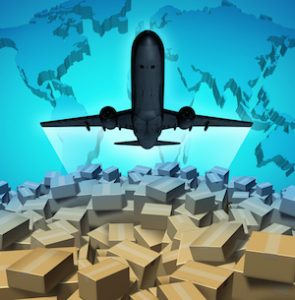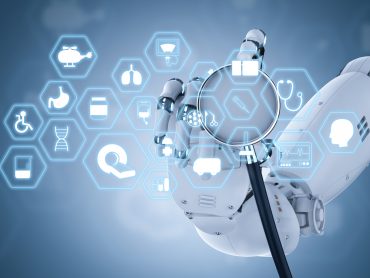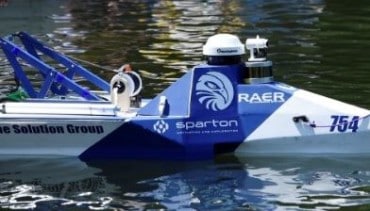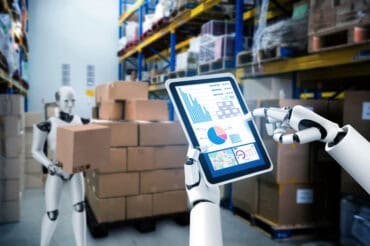
Accenture Freight and Logistics Software (AFLS) Exchange lets carriers check routes, capacity and make bookings. No new infrastructure or programming expertise needed.
A cloud-based platform that automates air cargo functions for carriers and partners has been unveiled by professional services company Accenture, with an Air France cargo line as launch partner.
The Accenture Freight and Logistics Software (AFLS) Exchange provides carriers secure, real-time visibility across partner networks. Carriers can use the platform to perform route inquiries, check capacity availability and make bookings.
The goal, Accenture says, is to digitally support safe and efficient transactions faster than manual processes. As a result, carriers can save costs and optimize freight capacity. AFLS easily integrates with existing booking systems, providing air cargo carriers with a simple solution that does not require additional infrastructure or programming expertise.
SEE ALSO: Accenture Launches Management Engine SynOps
“AFLS Exchange is designed to help carriers realize the full potential of their partnerships and drive revenue growth,” said Ganesh Vaideeswaran, managing director of AFLS. “We are proud of this unique industry solution that addresses several pain-points we have discovered in our broader work with leading cargo carriers. The platform is highly configurable, reliable and equipped with a plug-and-play connector to meet the needs of every carrier and their partner networks.”
Air France KLM Martinair Cargo, a subsidiary of the airline holding company Air France-KLM, will be AFLS Exchange launch carrier.
“We are committed to leveraging innovative technology to transform our business, and AFLS Exchange will make integrating with our partner network simple and quick,” said Marcel de Nooijer, EVP Air France KLM Cargo. “We’re confident that AFLS Exchange will help us expand our network footprint and enable us to generate even greater value from our partnerships with other carriers.”
Shipping and logistics have been pinpointed as a massive industry for artificial intelligence, Internet of Things (IoT) and digital in the next ten years. Many of the B2B processes are still manually controlled and could be improved through automation.





























